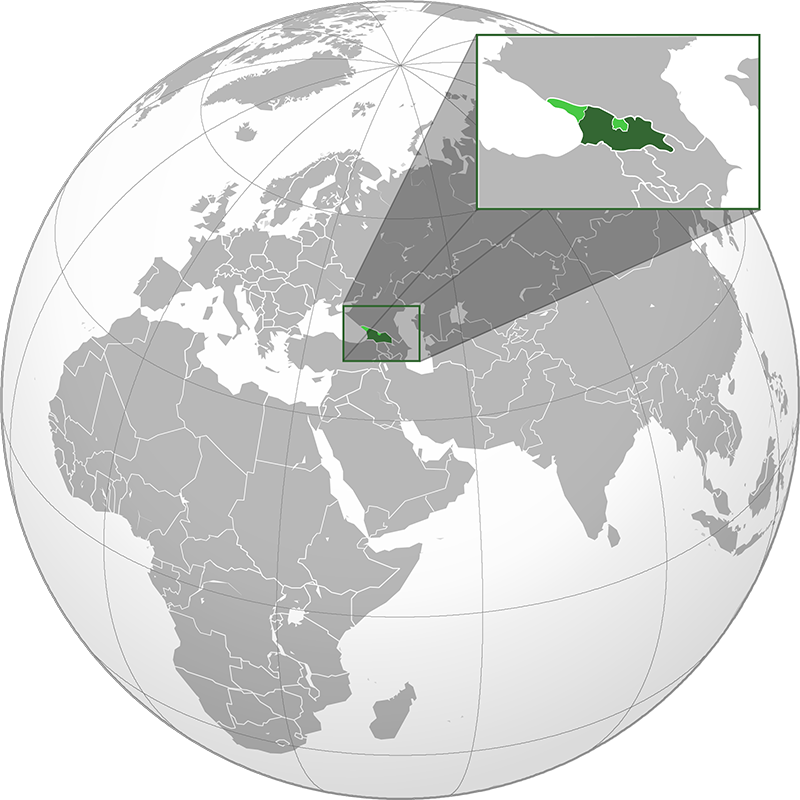
- Population:
- 3,808,000
- Religion:
- Christianity
Georgia's history dates back to ancient kingdoms such as Colchis and Iberia. It became a Christian state in the 4th century and later came under Persian, Ottoman, and Russian rule. After a brief independence following World War I, it was annexed by the Soviet Union in 1921. Georgia regained independence in 1991, undergoing political and economic reforms while facing conflicts over the regions of Abkhazia and South Ossetia.
Georgia is a country located at the intersection of Eastern Europe and Western Asia, bordered by Russia to the north, Turkey and Armenia to the south, Azerbaijan to the southeast, and the Black Sea to the west. Covering an area of approximately 69,700 square kilometers, it has a population of about 3.7 million people as of 2023. The capital and largest city is Tbilisi. The official language is Georgian, a unique language with its own script. Georgia operates as a representative democratic semi-presidential republic. The economy is diverse, with key sectors including agriculture, mining, and tourism. Georgia is known for its rich cultural heritage, including ancient churches, monasteries, and a tradition of winemaking that dates back thousands of years. The country is a member of international organizations such as the United Nations, the Council of Europe, and the Organization for Security and Co-operation in Europe.






